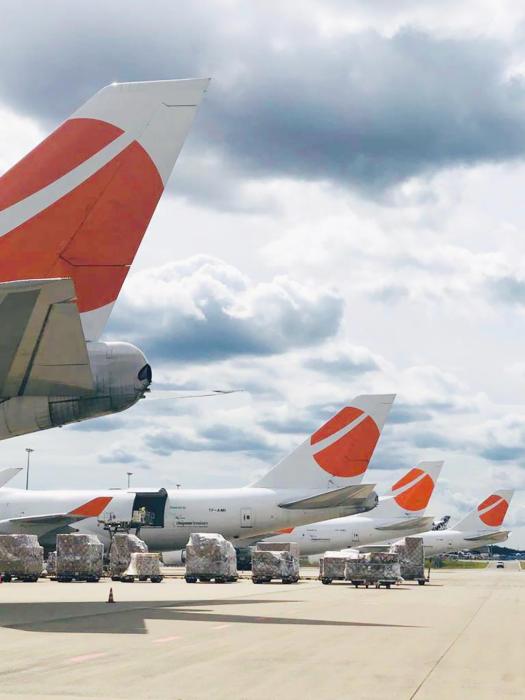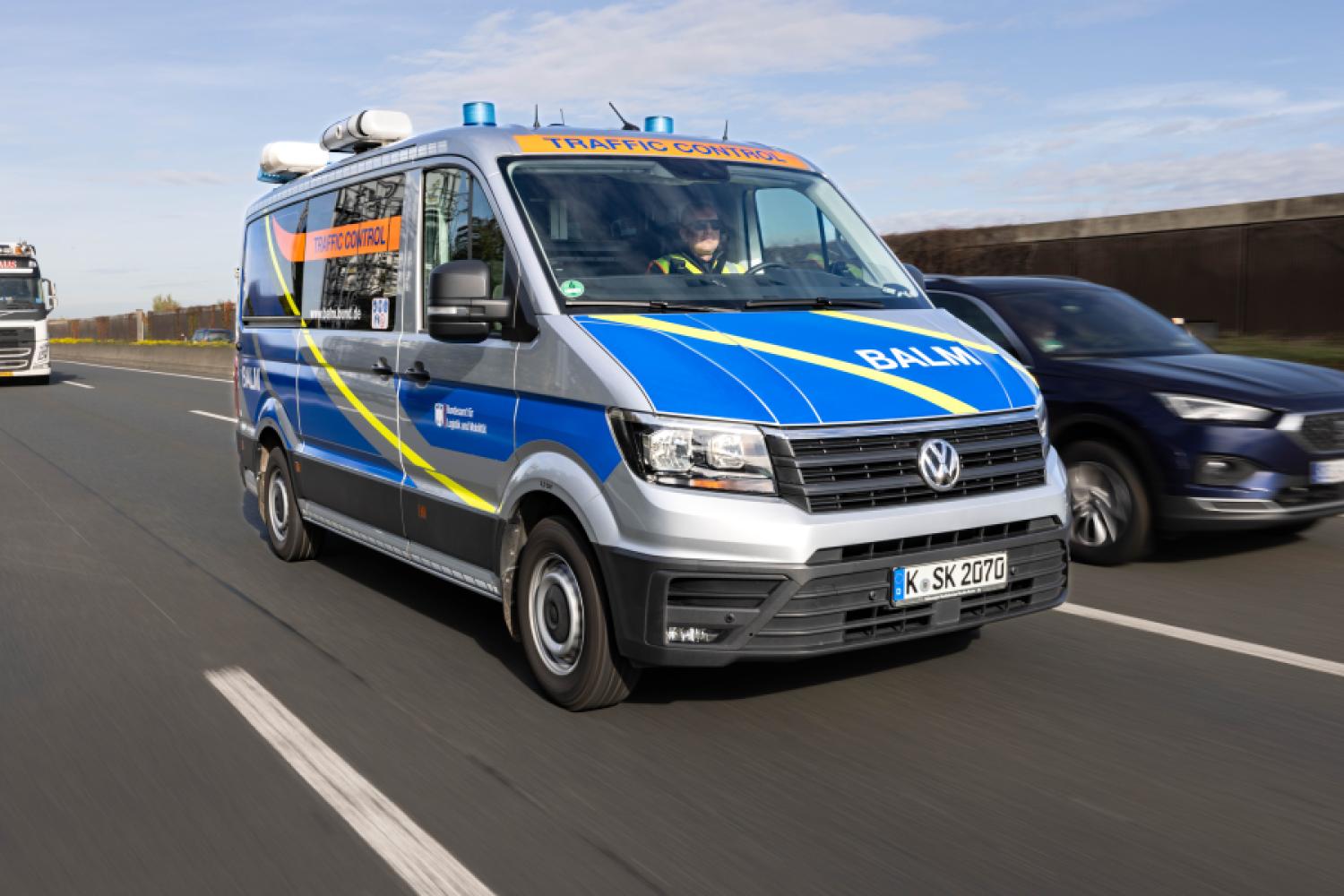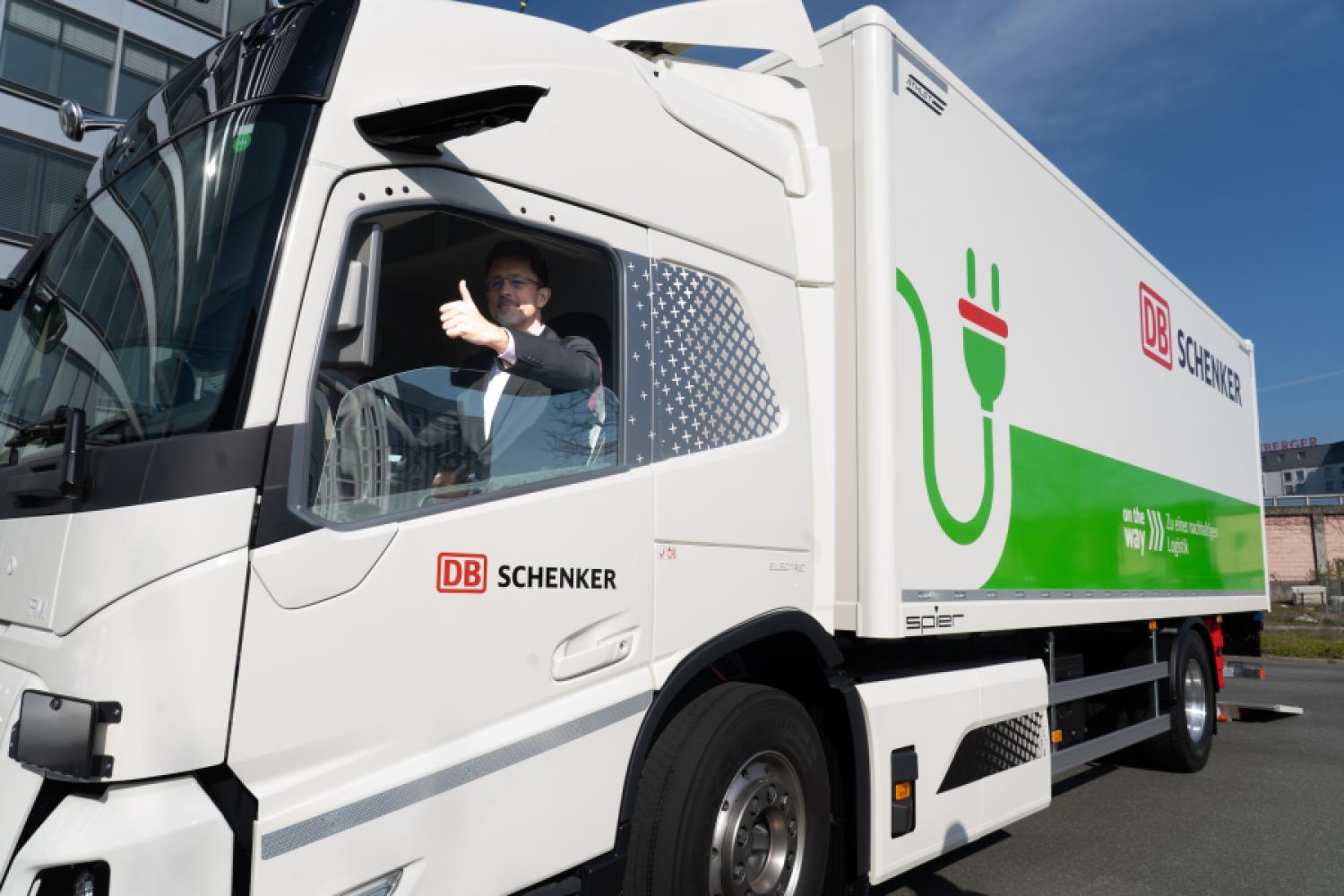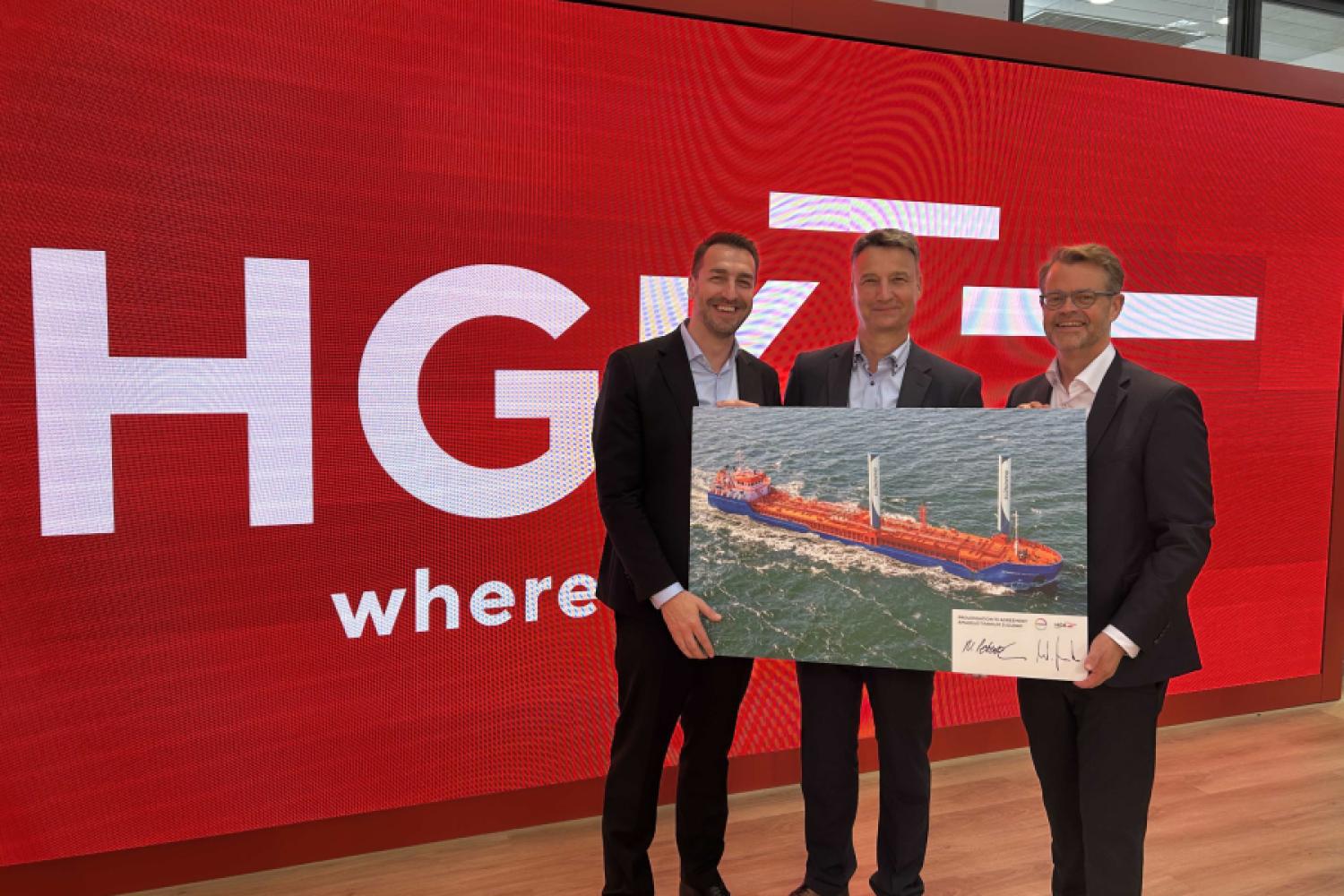The global air cargo market is undergoing changes. New e-commerce players in Africa, geopolitical tensions, and shifting supply chains are prompting logistics companies to rethink their business models. Magma Aviation is responding with a realignment: As the company announces to the press, it wants to offer comprehensive logistical partnerships in the future — fast, flexible, and digitally supported — rather than just moving cargo.
“The air freight industry can no longer limit itself to transporting goods from A to B,” says Peter Kerins, CEO of Magma Aviation.
Customers today expect adaptability, foresight, and strategic collaboration — especially for time-critical and high-value shipments.
Fleet Strategy: Broadly positioned for volatile markets
Magma Aviation has been active in Africa for more than ten years and claims to have successfully adapted to new conditions in international freight traffic several times. The latest development: an expanded fleet strategy. In addition to wide-body aircraft, the company has also relied on narrow-body aircraft since 2024. These are intended primarily for short-term transports and regional assignments.
“Supply chains are hardly plannable today. Companies are therefore looking for air freight partners who can react flexibly to disruptions,” says Kerins.
The combined use of both aircraft types allows for short-term responses to volume changes, new routes,
or special cargo requirements — whether in large-volume charter flights or time-critical deliveries over short distances.
Magma not only operates a strong network in Africa but is also active on trade routes between Asia, Europe, and the USA. While current trade conflicts have not yet shown significant effects on the main routes, the company is closely monitoring the situation and is ready to use alternative gateways if needed.
Focus on Digitalization
A central component of the company's strategy is the digitalization of internal processes. The goal is to increase transparency and speed — especially for forwarders and logistics partners. An example: the digital availability of aircraft capacities, which according to Magma contributes to a noticeable simplification of booking processes.
“We have made digitalization a priority at the corporate level,” explains Kerins.
Customers today expect more than just transport — they want insight, real-time information, and easy access to relevant data. Therefore, visibility is a central goal of the digital transformation at Magma.
At the same time, the company is intensifying its communication via social media. Here, insights into daily operations are provided, customers are directly addressed, and content is shared that captures the current development of the industry.
A driver of the increasing demand is the
booming online trade in Africa. This is driven not only by international platforms like Amazon but increasingly by regional providers like Jumia. Kerins notes:
“What is needed today are reliable air freight providers that quickly transport high-quality goods — especially as more and more African consumers shop online.”
Regulation and Market Environment in Africa
The regulatory environment poses a challenge for international logistics companies. Magma relies on a globally positioned team that keeps an eye on European environmental regulations, African overflight permits, and Asian ground traffic rules, among other things.
A second aspect: The growing economic integration of Africa within the framework of the African Continental Free Trade Area (AfCFTA). The aim is to reduce trade barriers and create uniform rules. At the same time, daily operations remain challenging — due to high costs, inadequate airport infrastructure, or regional instabilities that can lead to route failures, for example.
Increasing investments in port infrastructure are also changing the competition. For non-perishable goods, sea freight becomes a real alternative. Air freight providers like Magma therefore see themselves obliged to highlight the added value of their services — especially in fast and flexible transport solutions — even more clearly.
Expansion of Presence and Long-term Perspective
To strengthen its global
presence, Magma Aviation has taken several strategic steps in 2024. The company entered into a multi-year cooperation with Worldwide Flight Services to improve cargo handling at Liège Airport. A new headquarters was opened in Dublin to better capitalize on leasing opportunities. In addition, another regional office was established in Dubai to advance market penetration in the Middle East.
"All these measures are in line with our long-term commitment to the African market," says Kerins.
The aim is to establish a resilient business model that reliably serves customers even in unstable times.
"By building strong trade relationships and understanding local markets, we gain insights that help us keep pace with changing trade patterns."
With 15 years of industry experience and a clear commitment to adaptability, Magma Aviation sees itself well-prepared for the demands of future logistics markets. Customers are expected to continue receiving the specialized service they rely on.
Background: Magma Aviation
Magma Aviation is part of the Avia Solutions Group, the world's largest provider of ACMI services (Aircraft, Crew, Maintenance, Insurance). The company, headquartered in Dublin with additional locations in Dubai and Gatwick, operates within a global network of over 250 subsidiaries. The group operates a fleet of 221 aircraft and employs around 14,000 aviation industry






